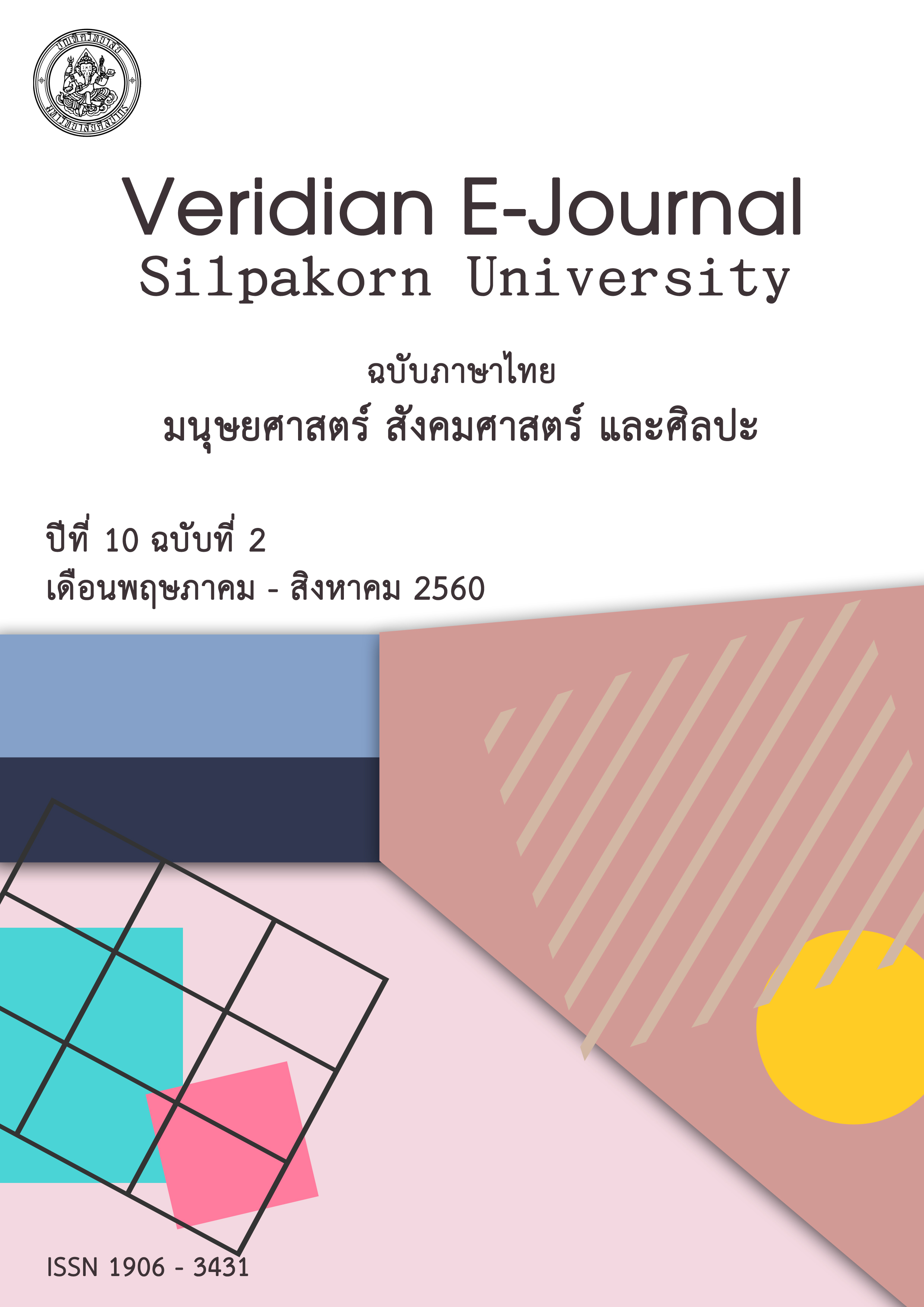การสังเคราะห์เปรียบเทียบนโยบายและยุทธศาสตร์ทางการศึกษาของประเทศเวียดนามมาเลเซีย และอินโดนีเซีย และประเทศไทย
Main Article Content
บทคัดย่อ
การสังเคราะห์เปรียบเทียบนโยบายและยุทธศาสตร์ทางการศึกษาของประเทศเวียดนาม มาเลเซีย และอินโดนีเซียกับประเทศไทยระหว่าง ค.ศ.1980-2013 เป็นการวิจัยเชิงเปรียบเทียบโดยสังเคราะห์เปรียบเทียบนโยบายและยุทธศาสตร์ทางการศึกษา ปัจจัยและเงื่อนไขและกลไกขับเคลื่อนที่ส่งผลต่อความสำเร็จในการขับเคลื่อนนโยบายและยุทธศาสตร์ทางการศึกษาของประเทศเวียดนาม มาเลเซีย และอินโดนีเซียกับประเทศไทย เพื่อนำเสนอเป็นข้อเสนอเชิงนโยบายและยุทธศาสตร์ทางการศึกษาในการปฏิรูปการศึกษาสำหรับประเทศไทย เครื่องมือที่ใช้ในการวิจัยคือ แบบวิเคราะห์เอกสาร แบบสัมภาษณ์ และแนวทางการสนทนากลุ่ม
ผลการวิจัย พบว่า ทั้งประเทศประเทศเวียดนาม มาเลเซีย อินโดนีเซีย มีนโยบายและยุทธศาสตร์ทางการศึกษาระหว่าง ค.ศ. 1980-2013 เพื่อตอบรับกับวิสัยทัศน์การกำหนดนโยบายในการพัฒนาประเทศทั้งในเชิงเศรษฐกิจและสังคมในระยะยาวเพื่อการก้าวสู่การเป็นประเทศที่พัฒนาแล้ว ดังที่เวียดนามกำหนดนโยบายโด่ย เหม่ย (Doi Moi) มาเลเซีย คือ นโยบายวิสัยทัศน์ 2020 และอินโดนีเซีย คือแผนพัฒนาเศรษฐกิจอินโดนีเซีย ค.ศ. 2011 – 2025 ซึ่งเมื่อเทียบกับประเทศไทย คือ การมีแผนพัฒนาเศรษฐกิจและสังคมแห่งชาติในระยะที่สั้นกว่า การสังเคราะห์เปรียบเทียบปัจจัยเงื่อนไขและกลไกที่ส่งผลต่อการขับเคลื่อนนโยบายและยุทธศาสตร์ทางการศึกษาที่สำคัญ พบว่ามีปัจจัยเงื่อนไข และกลไกที่สำคัญที่เป็นจุดร่วมกันของทั้งประเทศเวียดนาม มาเลเซีย และอินโดนีเซีย คือ การมีนโยบายการศึกษาที่มีความต่อเนื่อง และเป็นแผนระยะยาว สามารถนำไปสู่การปฏิบัติได้ การมีหน่วยงานที่รับผิดชอบในการดำเนินนโยบายด้านการศึกษาโดยเฉพาะ การมีระบบการเมืองที่มั่นคงและการมีผู้นำและผู้บริหารประเทศที่มีวิสัยทัศน์ทางการศึกษาอย่างชัดเจน และการมีมาตรการส่งเสริมความร่วมมือกับเครือข่ายในการจัดการและสนับสนุนการศึกษา ซึ่งจากการศึกษาเปรียบเทียบนโยบายและยุทธศาสตร์ทางการศึกษาของทั้งสามประเทศและประเทศไทย จึงมีข้อเสนอเชิงนโยบายและยุทธศาสตร์ทางการศึกษาในการปฏิรูปการศึกษาสำหรับประเทศไทย ดังนี้ คือ นโยบายการพัฒนาและติดตามผลการใช้นโยบายการศึกษา นโยบายด้านการพัฒนาครู นโยบายการกระจายอำนาจการจัดการศึกษา นโยบายการสร้างความรับผิดรับชอบในการจัดการศึกษา และนโยบายการวัดและประเมินผลการศึกษา
The comparative study on education policies and strategies in ASEAN member countries: case studies on Vietnam, Malaysia, Indonesia and Thailand aims to compare policies and strategies on education and also to synthesize factors, conditions and key success drivers of the policies and strategies on education in Vietnam, Malaysia, Indonesia and Thailand. The research instruments include document analysis forms, interview forms and group discussions.
All three countries draft education policies and strategies in response to their long-term visions on policies for economic and social development in a bid to become developed countries. Vietnam implements its Doi Moi policy while Malaysia uses 2020Vision and Indonesia follows Indonesian Education Development Plan 2011-2025. But Thailand has short-term visions on policies for economic and social development. Regarding the synthesis and comparison of factors, conditions and mechanisms driving policies and strategies, the education policies in Vietnam, Malaysia and Indonesia, the three countries share some similarities. For instance, their education policies are practical and continue for a long time. In addition, specific agencies are particularly assigned to implement national education policies. Also, the three countries are all politically stable and their leaders’ visions on education are clearly expressed. Finally, all these countries also have measures to support partnership corporation for education support and management. Following the comparative study on education policies and strategies in the aforementioned three countries and Thailand, several education policies and strategies are proposed for education reform in Thailand: i) the policy for development and follow up the result of implementation the educational policy which the strategy is developing quality, effectiveness and equity of basic education; ii) the policy for quality development of teacher; iii) the policy for educational decentralization; iv) the policy for accountability enhancement in educational management; v) the policy for educational measurement and evaluation.

